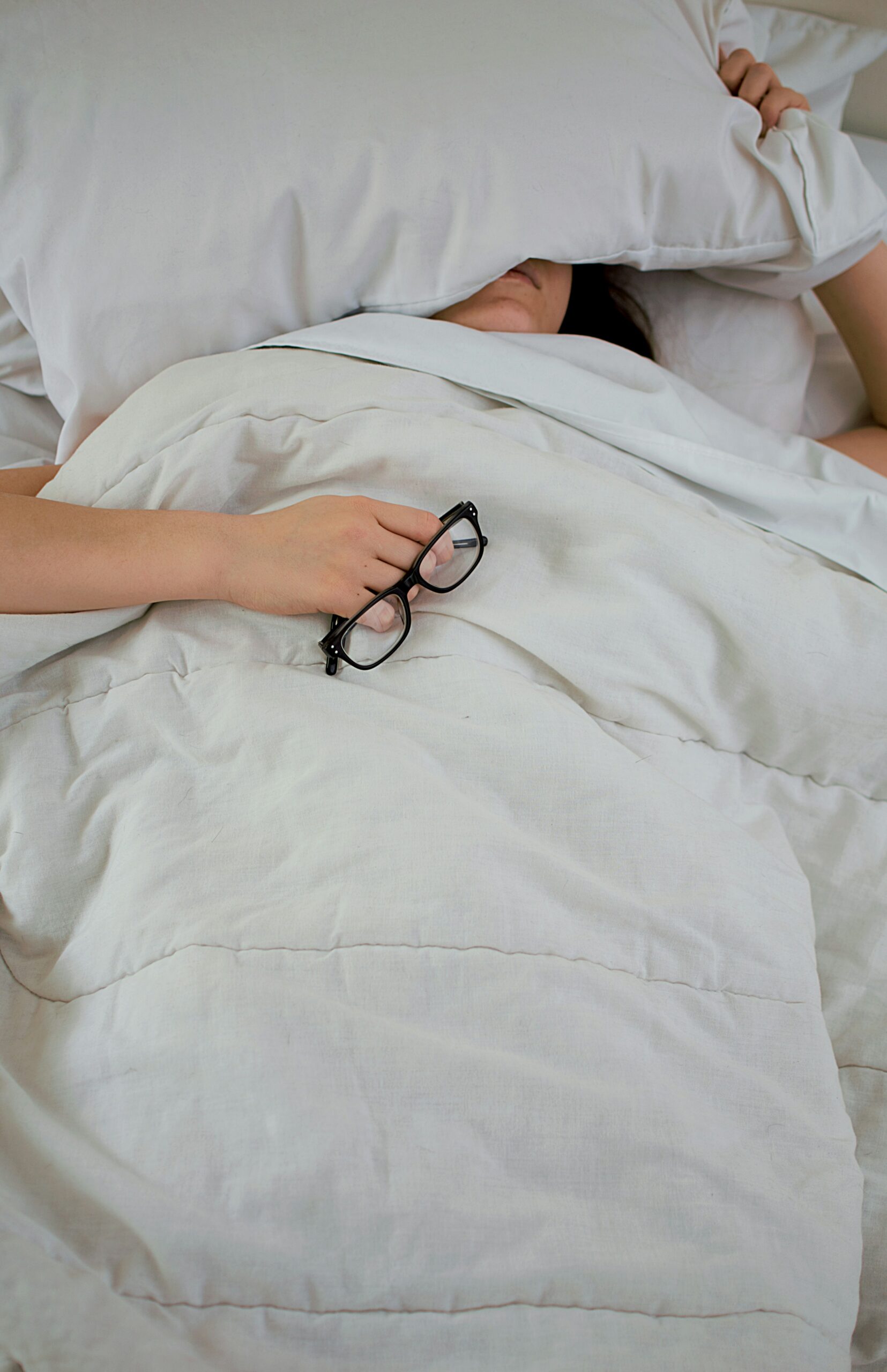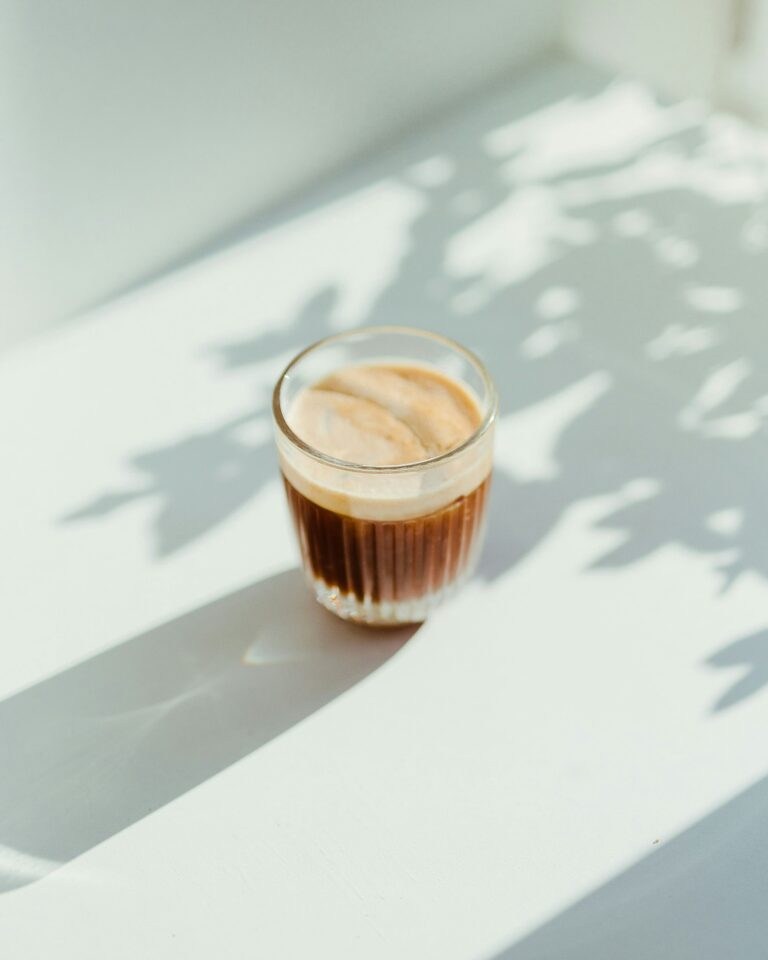Two things are important for good sleep: turn off all screens in time - at least your phone and your computer - and be sure to catch eight hours of sleep. Adults need between seven and nine hours of sleep.
It has long been thought about screen use that blue light interferes with the production of the sleep hormone melatonin. This turns out to be a little more complicated: it depends on what you are doing on your screen. Stimuli from your e-mail, apps and social media can keep you awake, while a relaxing TV program can help you fall asleep.
Good sleep is vital
From research among nearly 400,000 Britons from late 2019 shows that good sleepers have a lower body mass index (BMI), smoke less and exercise more. Sleeping well keeps you fit. The Trimbos Institute writes seven to nine hours of sleep per night. Less, but also more is not good: sleeping too long or too short is associated with obesity, diabetes, cancer, stroke and depression.
According to the Trimbos, women, young people, people with an immigrant background and the elderly are particularly bad sleepers. In older people, this has an identifiable cause: as you get older, your biological clock does not work as well, causing you, among other things, sleep worse.
Is blue light the culprit?
But blue light has also long been seen as a major cause of sleep problems. The glare from cell phones and tablets is thought to disrupt the production of melatonin, the hormone that ensures your sleep-wake rhythm. Those who sit on their phones late into the evening can expect to be less likely to fall asleep.
But further investigation from the RIVM shows that blue light is too easily seen as the culprit. Sleep problems are not usually caused by the blue light - which, moreover, is usually not bright enough to mess up hormones - but rather by the information conveyed on those screens, what the RIVM calls "cognitive load.
Your brain simply needs time to process all the stimuli that come at you while you are on your phone (or your laptop). Another reason that phone use can cause sleep deprivation is time displacement: the screens are so addictive that you spend more time on your phone than you would like, causing you to sleep later. With TV viewers, the researchers found the opposite: those who watched TV right before bed actually appeared to have a better night's sleep. Watching TV, they suspected, is a lot more relaxing than using an app - but don't go binging an exciting series.



